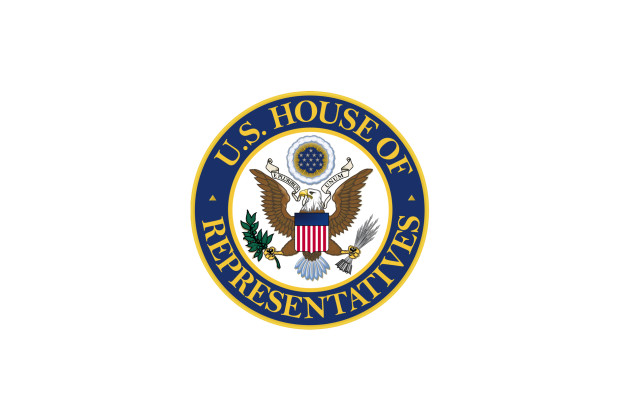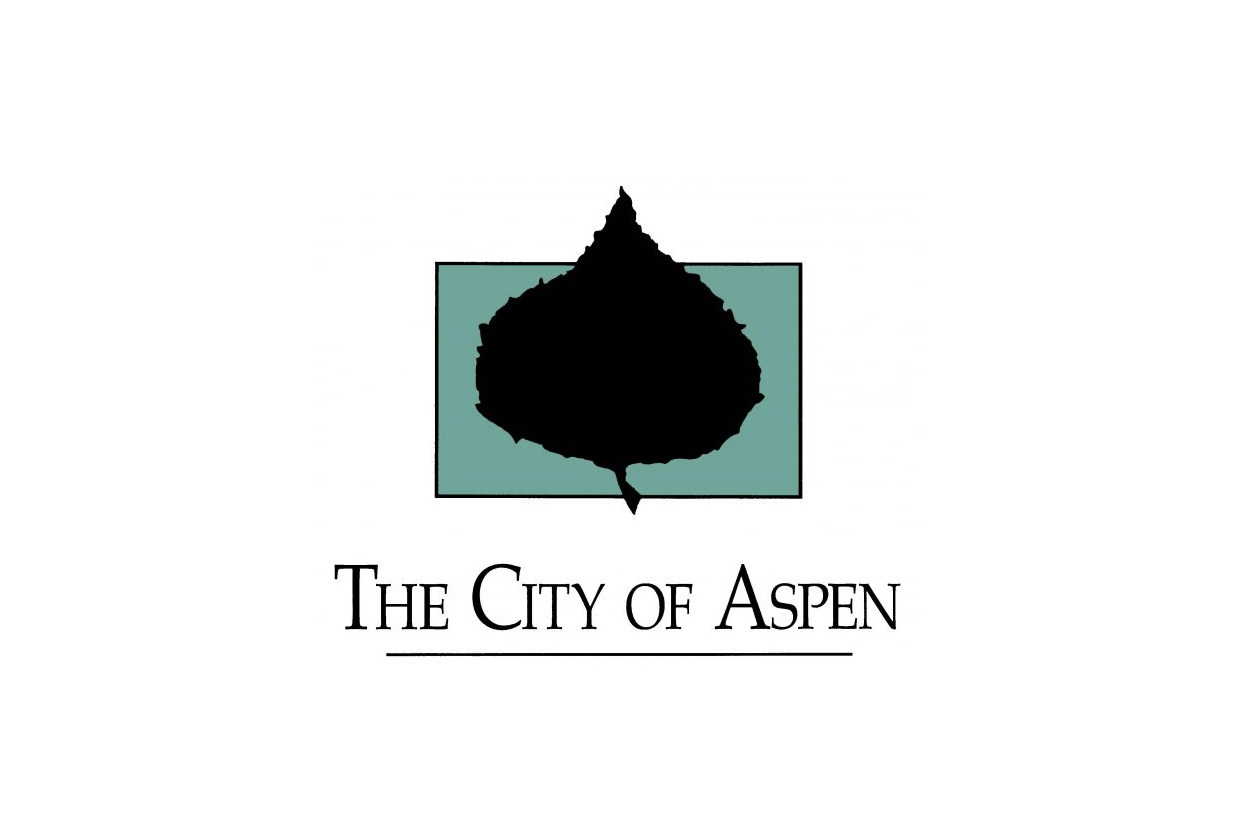The U.S. House of Representatives has approved a major anti-tobacco bill, one that if enacted would change the fabric of the cigar industry.
Earlier today, the House approved H.R. 2339, the Reversing the Youth Tobacco Epidemic Act of 2019. A vote total was not immediately available, but a Tweet from Congresswoman Rashida Tlaib announced the bill’s passage, as did Tweets from several other individuals and organizations.
While the bill was once a doomsday scenario for the cigar industry, various exemptions have been added to some parts of the bill. More importantly, the bill would still need to pass the Senate and be signed into law by President Donald Trump before becoming law, something that many see as unlikely.
H.R. 2339 includes a host of changes to the law, most notably:
- Ban Online Sales of Some Cigars & E-Cigarettes — Two years after the bill is passed, non-face-to-face sales of tobacco or vaping products would be banned. An exemption has been added for some cigars, though smaller and flavored cigars will not be included in this exemption. Furthermore, the exemption isn’t guaranteed to be permanent:
Section 108 states that the Secretary shall withdraw any applicable exemption for such cigar products if certain conditions are met, including a determination that the use of the exempted tobacco product has resulted in an emerging public health threat; data from the National Youth Tobacco Survey (or successor survey) identifies a rise in youth usage of exempted tobacco products; or if the Secretary determines that a tobacco product no longer meets the criteria for the exemption. Section 108 also requires the Secretary of Health and Human Services, acting through the Commissioner of Food and Drugs, to enter into an agreement with the National Academies of Sciences, Engineering, and Medicine to conduct a study and report to Congress on the public health impact of exempting certain cigar tobacco products from the requirements under section 910 of FFDCA and the youth usage of such products. The report shall be submitted to Congress no later than December 31, 2026.
- Ban Flavored Tobacco Products — All flavorings, other than tobacco flavorings, would be banned. The bill was amended to include more money for tobacco cessation for products, specifically due to concerns that African-Americans would feel uniquely targeted by the ban on menthol cigarettes. Tobacco cessation devices that are approved by the U.S. Food & Drug Administration (FDA) would be exempt from the ban on flavors.
- Increase User Fees — The bill would add an additional $100 million annually to FDA’s Center for Tobacco Products budget, paid for by user fees. The Tobacco Control Act has gradually increased the total budget for CTP by around $30 million annually, however, those increases stop after FY2019, where the budget is $712 million. Of note, there is a report that suggests that CTP had $239 million in leftover money from FY2018. User fees would then be increased based on changes to the consumer price index for urban consumers.
- E-Cigarettes/Vaping Products Would be Charged User Fees — Currently, e-cigarettes and vaping products don’t pay user fees, however, those products would be subject if H.R. 2339 is passed. Because user fees are a total number (currently $712 million) split between the industries, it would likely result in lower user fees for cigars. Most companies pay less than 5 cents per cigar in user fees.
- Graphic Warning Labels for Cigarettes — It sounds like the supporters of the bill are needing more guidance from FDA for this issue, but H.R. 2339 would require graphic warning labels for cigarettes to be required within two years of passing. This would not apply to cigars.
- Ban Cigar Companies from Producing Most Swag, Sponsoring Events & Other Marketing Restrictions — The bill’s text was updated to include additional language that would apply restrictions that cigarette companies must adhere to under the Master Settle Agreement to extend to non-cigarette tobacco companies, including cigar companies. These would likely mean that companies would not be able to produce swag or any other non-tobacco products with logos or images that are the same as cigar brands. These restrictions would also ban companies from sponsoring golf tournaments or other events, like a cigar area at a beer festival. Because the language seems directly pulled from MSA, there’s a weird clause that would allow the company, but not the brand, to sponsor an event so long as the company was in business prior to Jan. 1, 1995.
Finally, H.R. 2339 would create a provision where large, traditional cigars that cost at least $12 would be exempt from substantial equivalence, i.e. product approval from the U.S. Food & Drug Administration. Not only would this apply to existing product, but it would also open up a pathway for cigar makers to introduce completely new products without having to go through the toughest and most expensive parts of FDA regulation.
This provision seems unlikely to be upheld as constitutional and enforcement would be even more confusing. Depending on the state tax on cigars, many cigars would meet the $12 threshold in some states, but not others. For example, it’s unclear how the bill would treat a cigar that retails for $8.50 in Florida—where there is no state tobacco tax—but $10.46 in neighboring Georgia, where there is a 23 percent state wholesale tax on cigars.
An analysis report prepared before today’s vote doesn’t expand on how the authors of the bill expect this to be enforced.
The Premium Cigar Association (PCA) and Cigar Rights of America (CRA) have expressed their opposition to the bill, sending a joint letter the House of Representatives. In a statement, the PCA said that while it appreciates the work of the House Energy & Commerce Committee in recognizing the significant distinction between premium cigars and other tobacco products, the final text of the bill falls short of providing meaningful regulatory relief to small businesses.
However, not all feedback about the bill was negative.
“Although it is not perfect, this is a historic bill and a huge step forward for the premium cigar industry,” said Drew Newman, general counsel of J.C. Newman Cigar Co., via a press release. “For the first time, the U.S. House of Representatives has recognized that premium cigars are unique, are not used by children, and should be exempt from unnecessary regulation. The passage of H.R. 2339 is a clear signal to the U.S. Senate, White House, and FDA that premium cigars are different and should not be treated the same as cigarettes or vapes,” he added, expressing thanks for the leadership of Congresswomen Kathy Castor and Donna Shalala for their efforts in working to save Florida’s historic premium cigar industry by including relief in this bill.
The next step for H.R. 2339 will be to get onto the Senate calendar, something that is not guaranteed. By one estimate, the Democratically-controlled House of Representatives has passed roughly 400 bills that have gone to the Senate and not received a vote.
Senate Majority Leader Mitch McConnell, R-Ky., has complete control over what the Senate votes on, meaning if he believes a bill is unlikely to pass or does not support a measure there is no chance that it becomes law.



